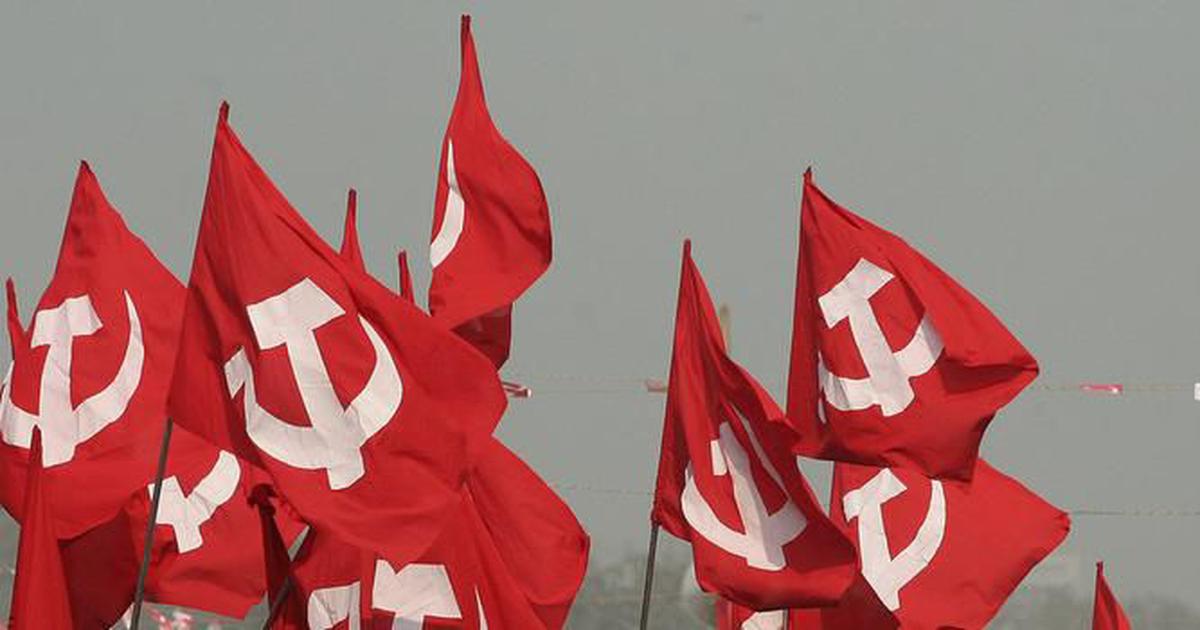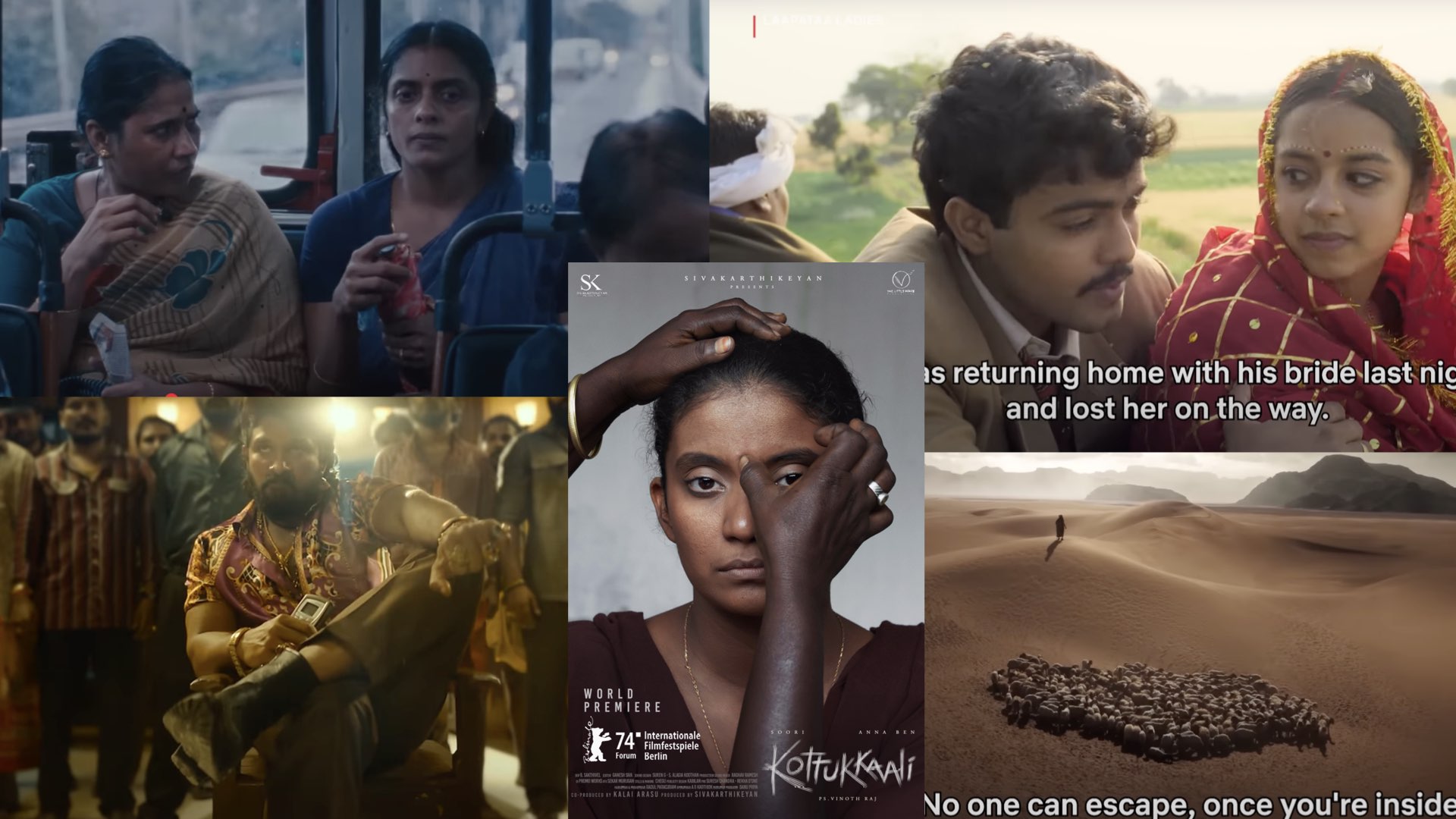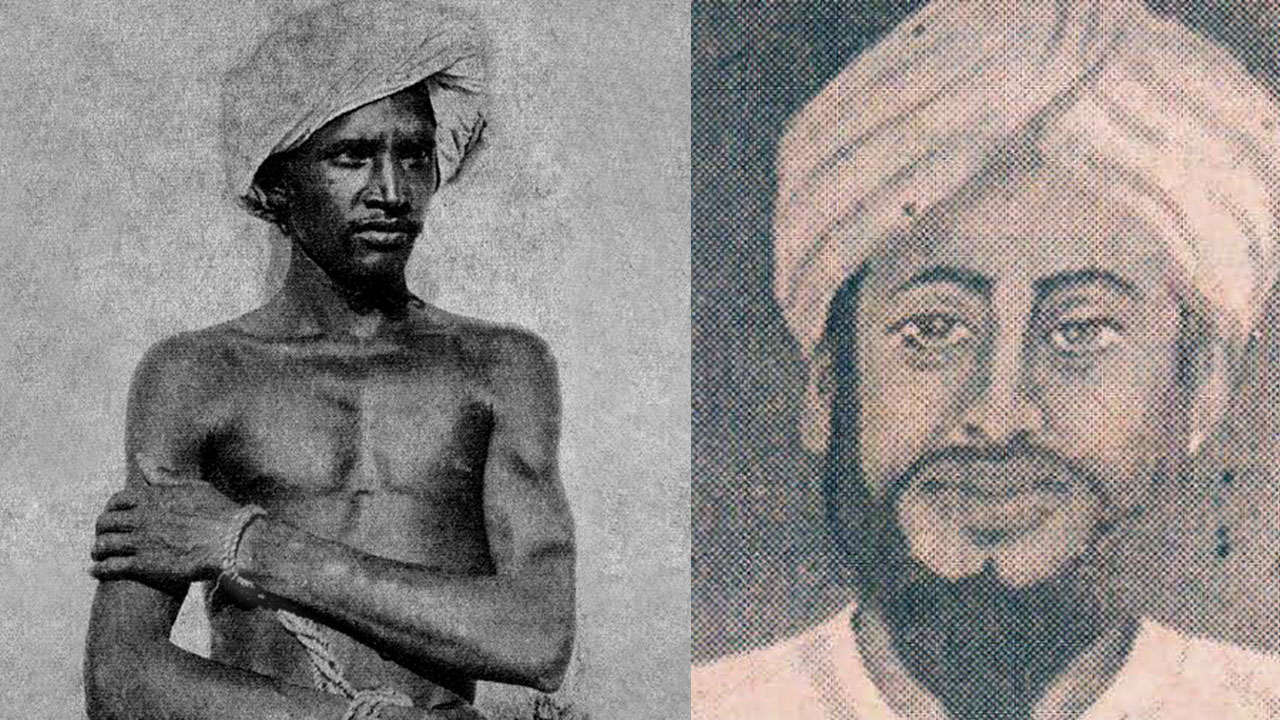
Eleanor Zelliot passed away on 5 June 2016. She was an authority on the life of Ambedkar and one of the leading Dalit studies scholars. Zelliot’s work became the starting point for many of us who have an interest in these subjects. At a time when Ambedkar was practically unknown outside India, Zelliot wrote numerous books on him and the Dalit movement that have touched the lives of many academics and activists all over the world.
I never met Eleanor Zelliot in person. Hence, these words do not attempt to portray her as the great human and academic she was. I am sure that many of her colleagues and students at Carleton College, in Northfield, Minnesota, USA, where she taught for 30 years, would be able to provide something more valuable in this respect. My aim is more modest. I just hope to provide a snippet of her generosity and of the impact her comments have had in my life, including how they have shaped my work. While here I can only talk of my own experience, through the years I came to know of several people who had similar interactions and were encouraged by Zelliot to carry on with their research.
The first time I heard about Eleanor Zelliot was in early 2008. At the time I was an MA student in Mexico working on the history of India. After a brief stint reading about Gandhi and his involvement with untouchability, I discovered the life and writings of B.R. Ambedkar. Having never heard of Ambedkar before, I tried to read everything I could about him. Finding readings about Ambedkar in Mexico is not easy. However, all of the works that I found had something in common. At one point or another, they all cited an unpublished PhD dissertation entitled “Dr Ambedkar and the Mahar Movement”, written in 1969 at the University of Pennsylvania by Eleanor Zelliot.
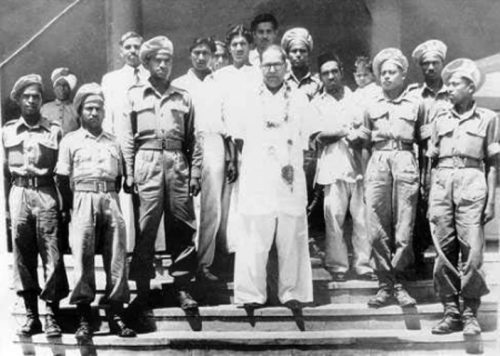
Trying to know more about Zelliot’s ideas and work, I began to do some research. I found out that she had written a large number of articles that were spread over numerous edited volumes. Her work focused on three main themes. First, the bulk of Zelliot’s writings dealt with Ambedkar’s struggle against untouchability in Maharashtra. She argued that Ambedkar fought against this practice by rejecting religion and adopting modern political means. The second theme that interested Zelliot was the contemporary Dalit movement and its relation to Buddhism and literature. Here, she showed how Buddhism appeared from a contemporary Dalit perspective and provided a useful entry point to the rich world of Dalit Marathi short stories and poetry. Zelliot’s third area of interest had to do with the recovery of the history of medieval Untouchable saint-poets such as Chokhamela and the lineage of anti-caste ideas. While I learnt a lot from these writings, Zelliot’s unpublished dissertation remained elusive.
After some more research I came to know that Eleanor Zelliot was associated with Carleton College, Minnesota. She had taught there from 1969 to 1997. The news that she had already retired was disappointing. However, I decided to try my luck and wrote to her as her email address was still listed in the Carleton website. My first email to Zelliot explained that I was completing an MA thesis on Ambedkar and that I had been trying to get a copy of her dissertation. To my surprise, she replied just a few hours later. In her email she told me that her dissertation was published in 1998 by Blumoon Books, a small Dalit press. Without hesitating, she asked me for a postal address to which she could send me a copy.
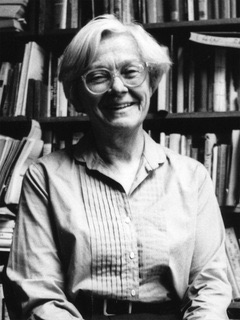
Over the course of twenty emails I came to know a lot about Zelliot’s ideas, generosity and patience. When the copy of “Ambedkar and the Untouchable Movement” reached me, I wrote again to thank her. She replied saying that while she was happy with the content of the manuscript, she was not pleased with the either the cover or the title of the book. The cover showed a blue picture of Ambedkar, which I thought wasn’t too bad. Her grouse about the title was slightly different. Zelliot believed that to put Ambedkar as the sole leader of the “Untouchable movement” was an overstatement. From my perspective, this wasn’t a major issue. After all, as I have argued elsewhere, Ambedkar was largely responsible for transforming the concept of untouchability into a national political concept that could unite Dalits across India despite regional differences of language, professions and histories. However, I could understand Zelliot’s reservations as she was not dealing with the impact of Ambedkar’s ideas but with his political movement. Remaining faithful to her sources, Zelliot was not underplaying the significance of Ambedkar as an icon after his demise. Rather, she 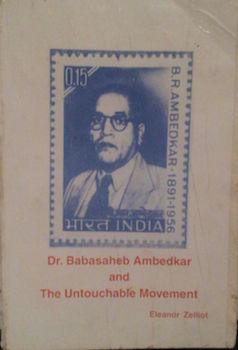 was trying to specify that the core of Ambedkar’s movement was composed largely of the Mahars from Western India. Apart from these issues, one can easily understand why Zelliot had this little-known press publish her book. Her commitment to the Dalit movement went beyond academia and she wanted her ideas to reach as many people as possible in India, America and even Mexico.
was trying to specify that the core of Ambedkar’s movement was composed largely of the Mahars from Western India. Apart from these issues, one can easily understand why Zelliot had this little-known press publish her book. Her commitment to the Dalit movement went beyond academia and she wanted her ideas to reach as many people as possible in India, America and even Mexico.
The rest of my email exchanges with Zelliot were mainly about the questions that I had for her. She patiently replied to my enquiries about Ambedkar, the archives she had visited and the people she had interviewed over the years. She even commented on my PhD proposal and encouraged me to continue to work hard. After I started pursuing my doctorate, though, I lost touch with her. Nonetheless, her comments were very useful and have stayed with me through the years. Her book has proved to be a small treasure that is always with me whenever I have to visit an archive or have a doubt about the life of Ambedkar. More importantly, her generosity through her emails showed me the significance of academic comradeship towards one’s juniors and how valuable a few words and lines can turn out to be in others’ lives.



